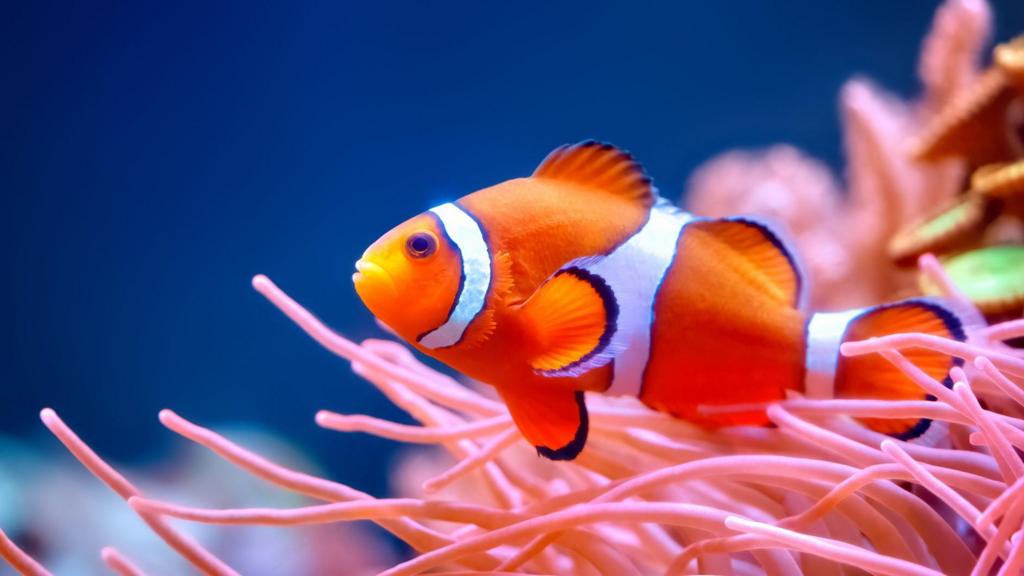A new study reveals that clownfish, similar to those made famous in *Finding Nemo*, are shrinking in response to marine heatwaves.
Research documented a significant reduction in clownfish size inhabiting coral reefs during the extreme ocean temperatures of 2023.
Scientists express surprise at this finding, suggesting it may offer insights into the observed size reduction in other fish populations worldwide.
Mounting evidence indicates that various animals, including birds, lizards, and insects, are undergoing morphological changes to adapt to climate change.
“Clownfish shrink to survive these heat stress events,” explains Dr. Theresa Rueger, senior lecturer in Tropical Marine Sciences at Newcastle University.
The research involved monitoring paired clownfish on reefs in Kimbe Bay, Papua New Guinea, a region known for its rich marine biodiversity.
These wild clownfish closely resemble their animated counterparts in *Finding Nemo*, which depicts a journey from the Great Barrier Reef.
The study, conducted during the summer of 2023, coincided with a surge in ocean temperatures resulting in widespread coral bleaching.
Researchers meticulously measured individual clownfish, discovering that the fish not only lost weight but also experienced a reduction in body length.
This phenomenon wasn’t isolated; 75% of the fish exhibited at least one instance of shrinkage during the heatwave.
Dr. Rueger clarifies: “It’s not simply weight loss; they actively change their size, becoming smaller individuals requiring less food and oxygen.”
The fish might be resorbing fat and bone, mirroring observations in other animals like marine iguanas, though further laboratory research is needed for confirmation.
Dr. Rueger humorously suggests a possible *Finding Nemo* sequel, incorporating this new adaptation.
“The movie told a great story, but the next chapter explores Nemo’s adaptation to ongoing environmental change,” she comments to BBC News.
Global warming presents significant challenges for warm-blooded animals, requiring them to maintain constant body temperature.
Animals are responding diversely: relocating to cooler areas, altering life cycle timing, or modifying body size.
This research is published in Science Advances.
Follow Helen on X and on Bluesky.
The York-born actress helped fund the purchase of Townend Field by the Upper Ouse Conservation Trust.
The data collected on the GB Row Challenge has been analysed by the University of Portsmouth.
The UK’s saltmarshes lock away climate-warming greenhouse gases in layers of mud, a new report from WWF says.
RRS James Cook embarks to study the Porcupine Abyssal Plain, monitoring life at depths of 5,000m.
North Kent Woods and Downs is the eighth new nature reserve to commemorate King Charles’ coronation.

